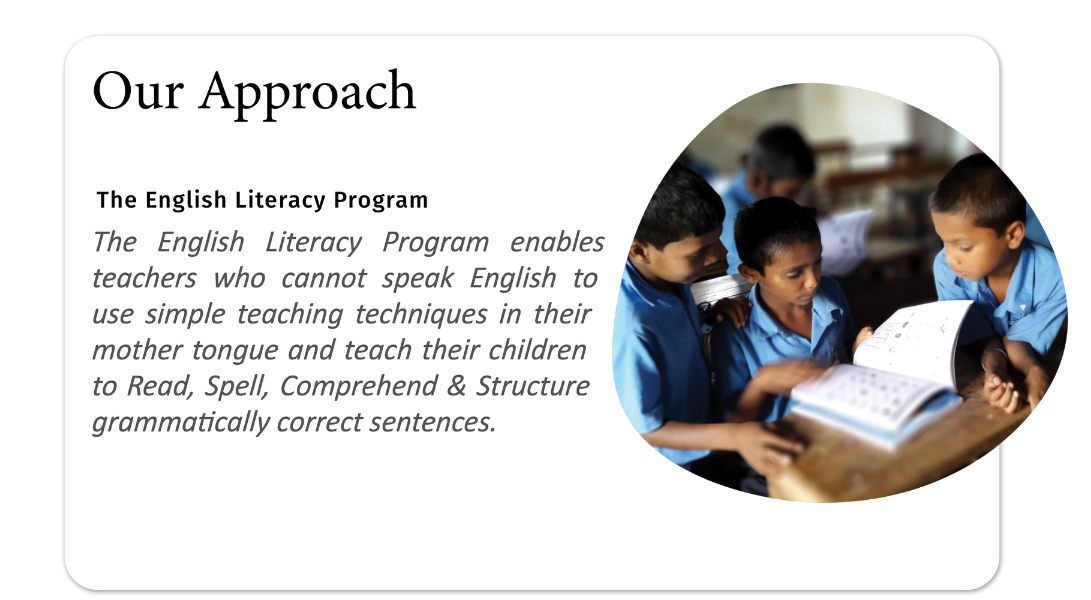Research studies show that English students are educated before school-going age can be essential to their future academic success. Those children start academically behind classmates whose first language is English when they begin kindergarten. Yet, those who converse in little or no English at home boost their reading abilities by attending enrichment classes for preschoolers.
A recent evaluation found that English students who began kindergarten with solid academic language skills, vocabulary, and capabilities needed to be effective in school– in either English or their native language, were more likely to be on par with their English-fluent peers by the time they finished grade school.
Over the past years, early teachers and scientists have done substantial work in Singapore and beyond to incorporate English learners’ requirements into the preschool educational program.

The educational program
At age six, centers that emphasize literacy, maths, science, and the atmosphere show the best educational outcomes, specifically in reading and mathematics. Open-ended concerns and modeling or scaffolding are necessary for a pupil’s cognitive development.
One-on-one focus and group activities
High-quality preschools balance one-on-one attention with team activities. Activities include groups collaborating to fix an issue, finish a workout, contribute to a story, or an individual pupil working one-on-one with an adult.
Quality early years education is essential to a kid’s intellectual and social growth. It promotes social inclusion and arouses interest in trainees.
Early literacy
How young kids acquire early literacy and its oral language structure has interested educators and policymakers. Research establishes four important principles of early literacy attainment:
Oral language is the foundation for literacy growth.
Oral language supplies children with a feeling of words and sentences and builds sensitivity to the audio system to ensure children obtain phonological awareness and phonics. Through their speech, kids comprehend the meanings of words and written materials.
Supporting evidence
Kids reared in households where parents supply abundant language and literacy assistance do better in school than those without. Language-poor families are most likely to use a smaller variety of words in their daily conversations, and the language environment is more likely to be controlling and vindictive.3.
Exposure to less usual, more sophisticated vocabulary (uncommon words) in the house connects to children’s vocabulary acquisition. Rare words go beyond the 8,500 most common words in the English language.4.
There is a solid relationship between vocabulary development and reading achievement. Comprehending the significance of words is crucial to understanding what a kid reads. Excellent viewers combine a selection of approaches with reading words. Even when children have solid experience with the alphabetic code, they regularly encounter words for which the pronunciation is not easily predictable.





